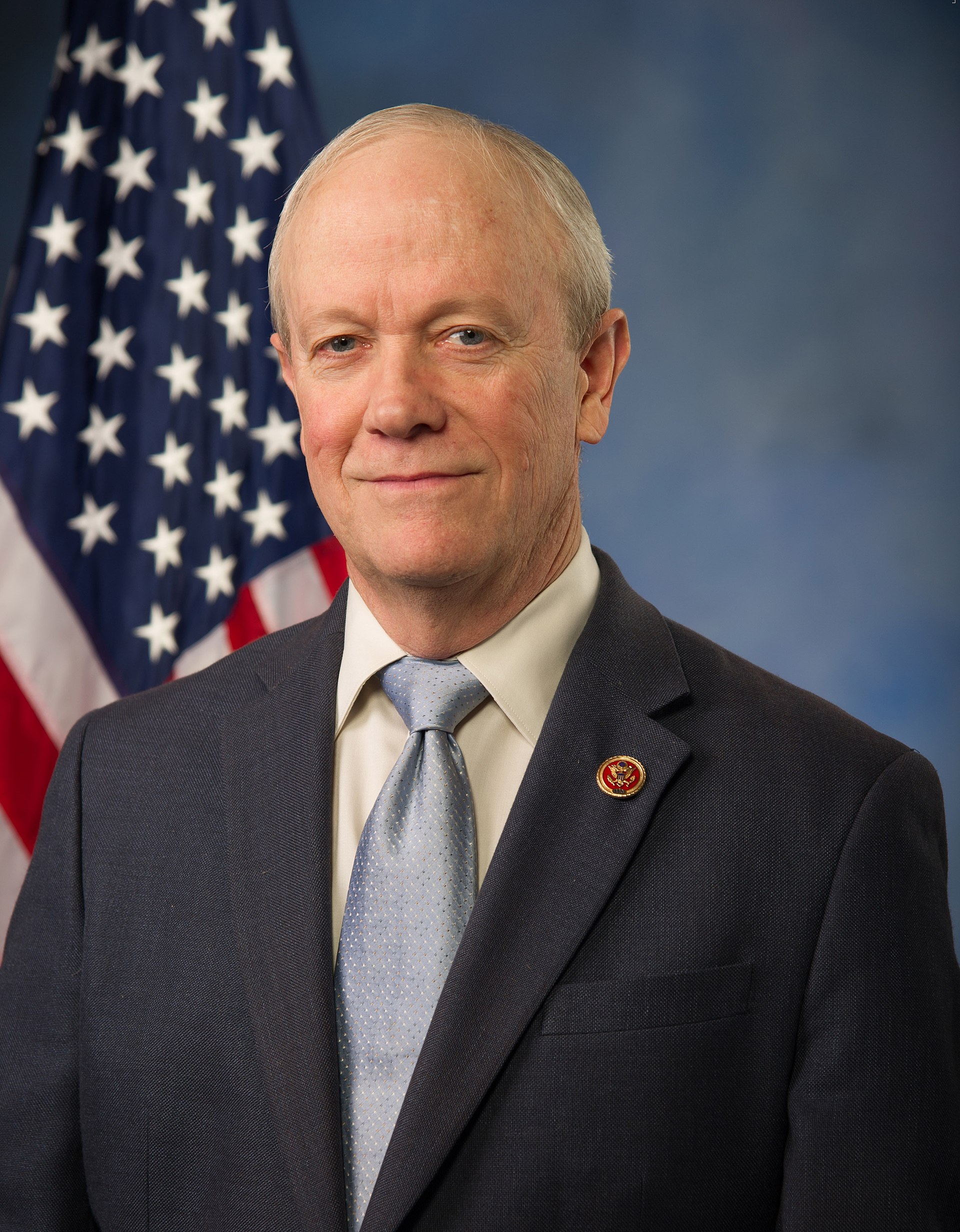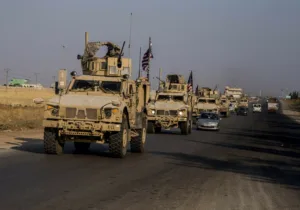In March of 2022, I introduced H.Res. 1009 to propose implementing structured deliberation on the most serious and grave responsibility of our government – that of engaging in or initiating military conflicts. This resolution expresses the sense of the House of Representatives that, prior to sending the U.S. Armed Forces into hostilities, the House should debate five of the six Just War Theory principles. The remaining sixth principle requires debate from the declarative body which, by Constitutional authority, is the Congress and therefore does not need to be debated.
House Resolutions are not passed by the Senate or signed by the President, and therefore do not have the authority of law. However, they do regulate the activities of the House; while the House shares the constitutional responsibility to declare war and authorize military force with the Senate (Article I, Section 8, Clause 11), the House traditionally has been the body responsible to originate legislation authorizing military action.
Both large-scale war and targeted military action cause profound hardship to the population in the region of conflict, including to non-combatants. Injury, death, destruction, loss of property, famine, displacements, social upheaval, and economic degradation are all to be expected. As such, military authorizations should only be undertaken with sufficient justification.
Additionally, the existence of weapons of mass destruction and their proliferation to a growing number of nations further obligates nuclear-weapon states to prevent military conflict whenever possible. These weapons are capable of exterminating all of humanity, and any conflict has the potential to expand beyond its original intent. Because of this, preventing military conflict is more important today than ever before.
Over the past two millennia, a theory of what constitutes the moral justification for a nation to engage in war has been developed. Some Just War Theory rationale is incorporated in the United Nations charter and the Geneva Conventions, but implementation beyond intergovernmental treaties and into a nation’s legislature would increase the likelihood of preventing unnecessary conflicts throughout the world. Currently, no nation in recent history has incorporated the Just War Theory principles into its own governing laws or traditions.
My resolution would provide for an open and transparent debate of the Just War Theory principles in the House and provide lawmakers with a structured framework to examine if a call to conflict would be morally justifiable. If the resolution is enacted and adhered to, it has the potential to prevent our nation from entering an unjust war, or at least, limit the scope of future conflicts. While it is not the aim of the resolution to prevent all use of military force, the hope is that it would prevent future unnecessary harms at home and abroad.
It is also important to note what the resolution does not do. H. Res. 1009 does not require the House of Representatives to debate the Just War Theory principles but recommends that it does. It does not limit the Executive branch from executing its authority, but it does aim to limit overreach and reestablish the Congress as the body responsible to authorize military action.
Throughout our nation’s history, declarations of war and authorization for the use of military force have been initiated at the request of the President. Having a structured debate will lessen the opportunity for misuse of our nation’s military but should not impede our nation’s ability to react and defend our country.
The Just War Theory is an ancient debate, started as early as Cicero, and carried through to today by the likes of St. Thomas Aquinas, Michael Walzer, and many other clerics and scholars. Aquinas believed in a natural law framework, and Walzer believed in a human rights framework, but the six principles are the same. The framework that is chosen for the debate in the House of Representatives would be up to those involved in the debate.
Lastly, the modern landscape bestows great challenges such as weapons of mass destruction, cyber warfare, and proxy wars. These new challenges will likely require new thinking for what constitutes a just war, and I hope this discussion inspires scholars around the world to continue reflecting on what should constitute a morally justified application of these military tools.






